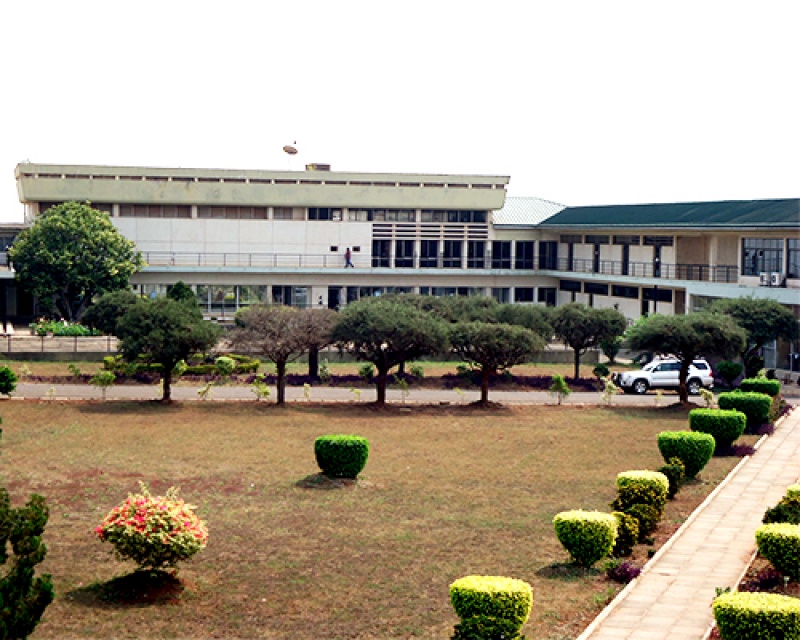Ghanaian nuclear Scientists joined other nuclear experts across Africa in a two weeks’ capacity training in St Petersburg to discuss nuclear power on the continent and gain an overview of the global nuclear sector.
The goal is to support Ghana and other African countries on the use of nuclear technology for the generation of electricity and other energy services.
Also in a range of nuclear applications in medicine, agriculture and industry need for a greatly expanded global cadre of nuclear professionals. This is timely training as Ghana continues to find alternative energy to meets its energy shortfall.
Experts from the International Atomic Energy Agency’s (IAEA) and Russian nuclear provider, Rosatom, shared their experiences and best practices regarding technical, legal, financial and social aspects of national nuclear programs.
Participants were introduced to a range of topics on the use of nuclear energy, such as nuclear infrastructure development, safety culture management, advances in reactor technologies and nuclear knowledge management.
The Joint Rosatom-IAEA Nuclear Energy Management School is committed to transferring decades of management experience and knowledge to professionals from countries looking to develop nuclear power.
Daniel Agyeman Wordson, a participant from the Ghana Atomic Energy Commission said:
“This training presented clearly how Rosatom handles specific issues in nuclear management. Rosatom experts gave us clear view of how the work should be done for newcomer countries.
“Russia has been a key player in the nuclear sphere for many years and Rosatom professionals have acquired great experience in nuclear infrastructure development. Moreover, Rosatom puts an emphasis on educating newcomer countries. Russian method/practice is a systematic and comprehensive approach”.
Several technical tours were also organized. Participants had an opportunity to visit the construction site of Leningrad NPP 2 (VVER-1200 reactors), to investigate the reactor and turbine halls and experience the full-scope simulators of operated and constructed units.
Trainees also visited the Emergency Response Center of Rosatom (St. Petersburg), the full-scope simulator of Floating NPP “Akademik Lomonosov” and the Nuclear Industry Information Center (NIIC) in Saint Petersburg.
Rosatom, apart from joint projects, is committed to preparing more than 300 students from 37 countries, including Ghana, Kenya, Nigeria and Ethiopia, to take up roles in their local nuclear sectors.
In Russia, 20 special universities have extensive IAEA supported programs specifically aimed at equipping international students to deliver on the benefits of nuclear technology. In 2016 Russian universities hosted more than 1300 students from 28 countries.



